When it comes to growing healthy, vital plants, soil building is essential. Most people who want to garden without synthetic chemicals turn to compost. Compost is a rich, dark, crumbly substance colloquially known as “black gold.” It is made from organic materials including leaves, wood chips and appropriate food scraps that have been broken down into a natural fertilizer.
Composting takes time. Depending on the conditions and ingredients used, it can take from three months to two years to create. Like cooking, the process goes much more smoothly and quickly when done properly. The following tips can greatly enhance the ease of making good compost.
Balance the Ingredients
Compost is produced by the digestive processes of microbes, and sometimes, composting worms, who speed up the process. So you want to set up a meal that is easy for microbes to digest. They like a 20:1 ratio of carbon to nitrogen which means using 20 parts of carbon-rich ingredients for every 1 part of nitrogen-rich ingredients. For carbon-rich ingredients, think brown: corn stalks, straw, sawdust and dead leaves. For nitrogen-rich ingredients, think green: cut grass, hay, seaweed, plant pruning scraps and kitchen scraps. If you are planning to add composting worms, we recommend Uncle Jim’s Red Wigglers.
Use the Right Composter Size
Three feet by three feet is the recommended pile size for compost. Why? Because microbes like a warm, moist environment, and at this size, the center tends to heat to the proper temperature while still allowing for airflow. Some commercial composters carry a different recommendation, but for do-it-yourselfers, 3×3 is a good bet.
Keep Particle Size Small
The smaller the particles, the more surface area is exposed to digesting microbes. Large chunks disappear much more slowly. Chopping or shredding organic matter before adding it to the composter speeds up the process significantly.
Manager Moisture and Aeration
A damp wrung-out sponge is the recommended moisture level for a compost pile. It is the ideal dampness for both microbes and composting worms, who need both water and air to stay healthy. For proper aeration, you can choose to turn the compost once a week if you have time. In summer, pay extra attention to moisture because compost dries out more easily. You can sprinkle a little water on it or add a compost popsicle of food scraps frozen in water. Too much water and your worms will drown.
Add Worms
Worms can eat their own body weight in a single day, and the tailings they churn out are loaded with plant happy nutrients. Red worms are the best compost worms because they live close to the surface and enjoy nutrient-rich environments. They are also good breeders and an initial stock of red worms is likely to replenish itself year after year.
Avoid Problem Ingredients
Problem ingredients interfere with composting. They include:
- Oils, meat and bones, dairy – All of these can attract vermin and unwanted insects. Oils also interfere with water distribution and become malodorous over time. Meat, bones, and dairy become foul when they decompose and generate noxious odors.
- Weeds – weeds will take root unless shredded.
- Coated or printed paper – toxic chemicals leach from coated and printed paper. Plain brown paper products will do fine in compost.
- Highly acidic foods – a debate rages about adding things like tomatoes and citrus peel to compost. In small amounts they might be OK, but they can upset the pH balance in large quantities. Also, citrus peels are notoriously difficult to break down and their fossilized remains can often be found in otherwise completed compost.
Add Compost Enhancers
Many organic gardening companies sell all-natural compost enhancers that contain microbes and other ingredients to accelerate the production of compost.
Composting has many great benefits. It reduces landfill waste, and it eliminates the expense and hassle of purchasing composted materials and synthetic fertilizers. With a little attention to the process and the addition of a good batch of worms, turning out great compost is easy.
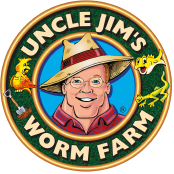

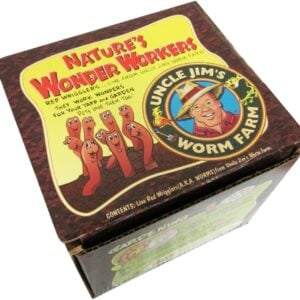
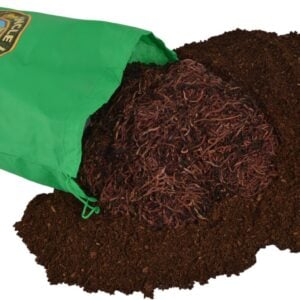
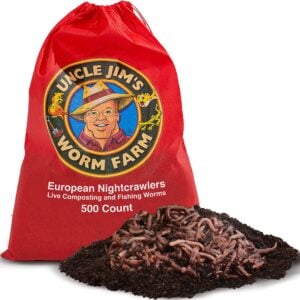

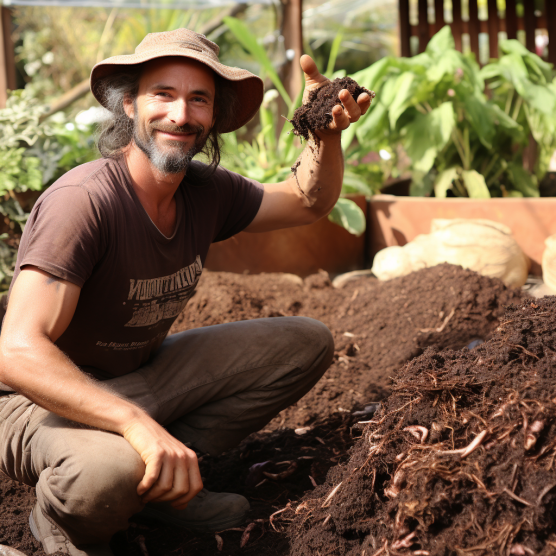
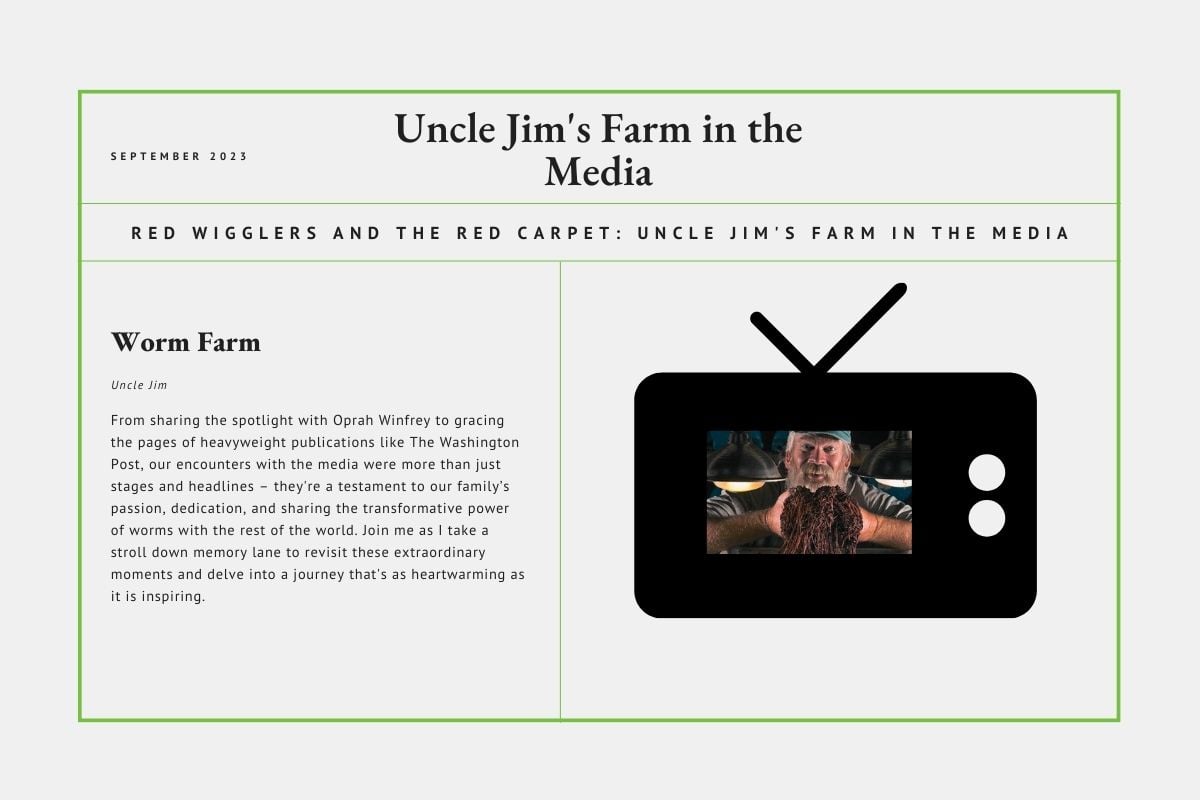
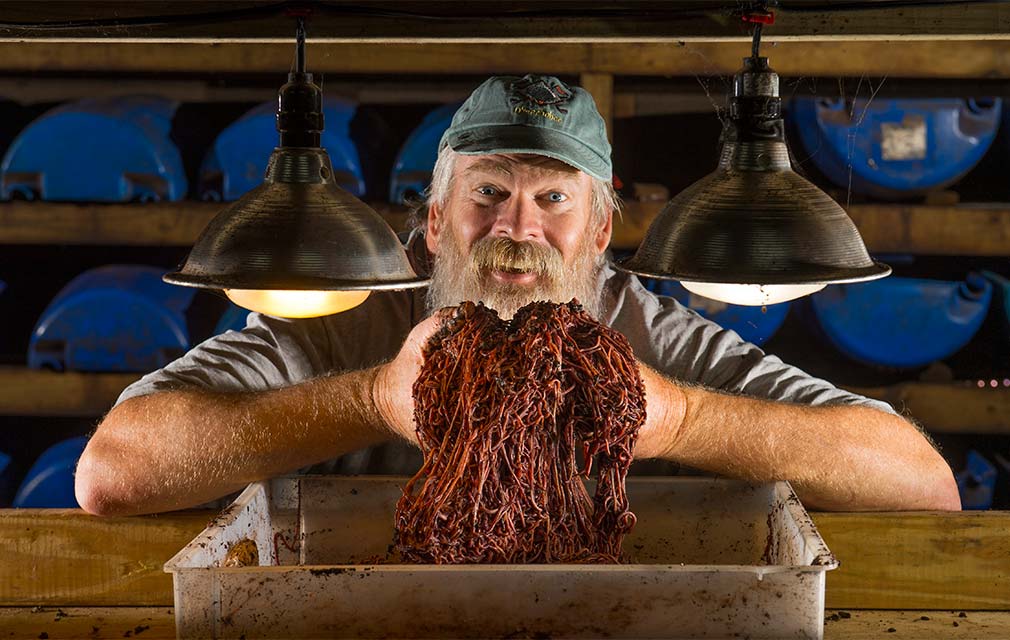

One thought on “How To Make Compost Faster”
I am a kid and I am trying to raise worms